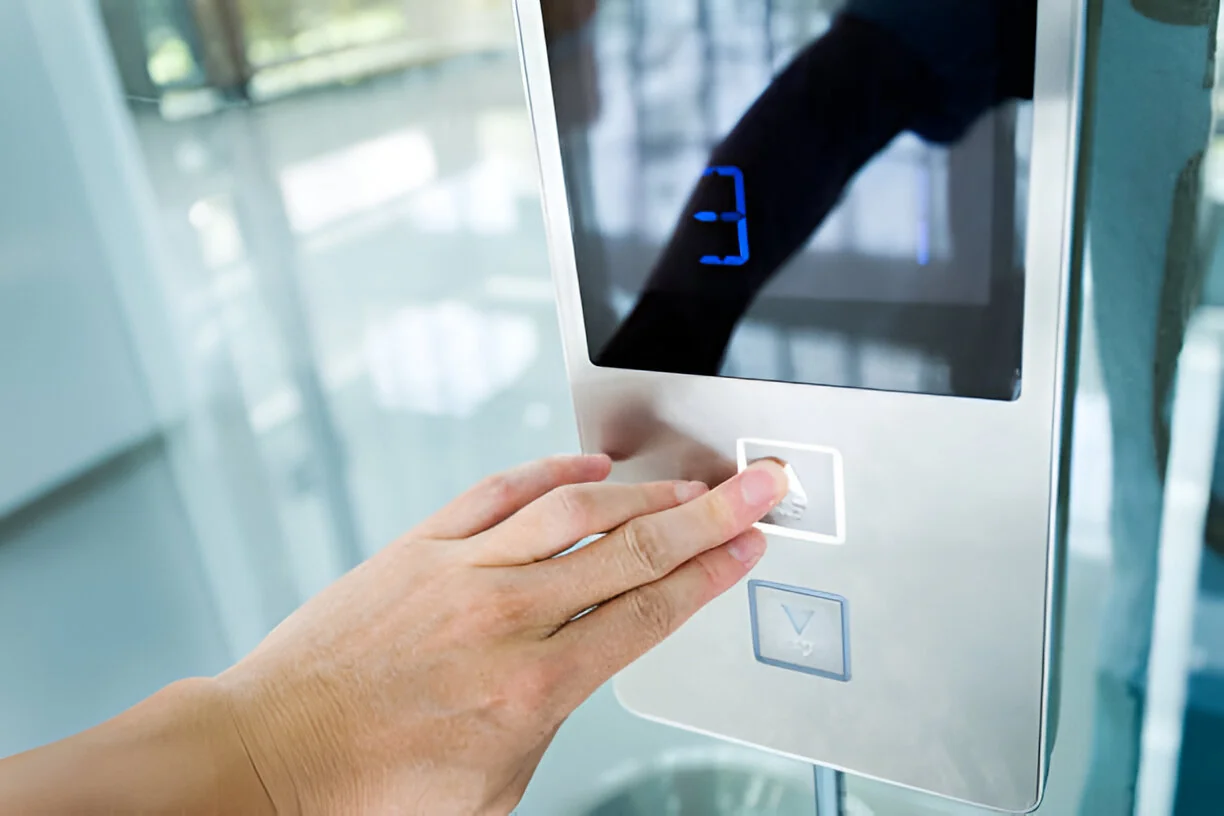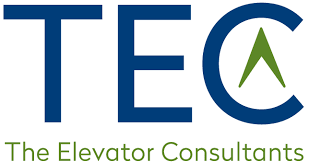Elevator modernization projects in condominium buildings have always been a challenge tackling this unknown process and then the uncertainty if funds are even available. Today these projects are lengthy, complex, and sometimes detrimental to the community. For condo associations, especially those with just one or a few elevators, these delays can lead to disastrous outcomes, both financially and for resident safety.
Many condo boards, relying on their owner’s past professional experience, often believe they can manage elevator modernization themselves. But the elevator industry is unlike any other, with a unique set of technical, regulatory, and operational complexities. Without expert guidance from an elevator consultant, projects that should take a few months can drag on for over a year and blow out the budget—leaving residents to face severe consequences.
The Unique Challenge of Elevator Modernization in Condos
Elevator modernization can disrupt building operations. The goal of a modernization project is to replace aging or outdated systems, improve energy efficiency, enhance safety features, decrease operating costs, and ensure that elevators remain reliable. A new elevator system can also increase the value of the units within the building.
In a typical commercial high-rise or large residential complex, having multiple elevators helps alleviate the impact of modernization since there are usually multiple elevators allowing owners to access their homes. In a condo building with only one or two elevators, however, the stakes are much higher. The downtime associated with modernization can lead to:
– Limited Accessibility: Residents in buildings with just one elevator may be left without any vertical transportation for weeks or months. An owner can prepare for this however if the project gets delayed in any manner it can be catastrophic.
– Inconvenience for the Elderly or Disabled: Residents who rely on elevators for mobility face extreme difficulty accessing their homes. The elevator is the only way they can get to their home.
– Emergency Response Delays: In buildings with prolonged elevator downtimes, first responders may be delayed in reaching residents in need of urgent medical attention. It can be difficult for emergency responders.
A Real-Life Tragedy: The Cost of Delayed Modernization
Take, for example, a case in Chicago where modernization in a building with a single elevator took far longer than anticipated. Tragically, a resident died of a heart attack while climbing stairs to the fourth floor after carrying groceries. While this incident may or may not have been directly related to the lack of elevator access, it highlights the dangerous consequences of prolonged downtimes during modernization.
There are also reports of buildings needing emergency services like fire departments to carry residents upstairs, or residents trapped in their apartments due to mobility challenges. These situations can be avoidable with proper planning, oversight, and expert consultation.
Why Condo Boards Struggle Without Professional Help
Many condo boards mistakenly believe their experience managing other projects or buildings is sufficient for overseeing an elevator modernization. However, elevators are a specialized field, and the intricacies of modernization require more than surface-level knowledge. Here’s why:
- Complex Regulations and Code Compliance: The elevator industry is governed by strict safety regulations and codes that vary by state and jurisdiction. These include mandatory maintenance criteria, non-elevator code required work intervals, changing code requirement challenges, and more. Without an expert understanding of these, projects can face delays due to failed inspections or non-compliance
- Underestimating Technical Challenges: Modernization is not just about updating your elevator system but understanding which parts can be reused, refurbished, and replaced. It often requires detailed knowledge of both current systems and historical equipment. It is extremely common for Board members to go out and get bids from the elevator companies. The board feels the elevator companies know the business and will install new elevators. This is correct however the bids are never the same and may not include items that may lead to change orders or costly repairs or issues after the modernization. An elevator company will “modernize” the equipment and it will most likely pass inspection however it may not include the right scope of work.
- Vendor Management: Elevator modernization projects can involve multiple trade vendors, each with its own timelines, costs, and maintenance standards. Managing these contracts without a firm grasp of the industry’s norms can lead to delays, hidden fees, or substandard work. An elevator modernization will usually have non-elevator work and knowing to what extent and who will be doing what and everything included can be challenging to a board.
The Consequences of Delayed Modernization
When a modernization project drags on beyond the expected completion date, condo buildings experience various ramifications:
– Resident Frustration: Long-term elevator outages increase frustration, leading to complaints, a drop in property value, and even potential lawsuits from disgruntled residents. Tenants have sold their units or moved out when the process takes too long.
– Higher Costs: Extended downtime often leads to higher costs due to delayed work, unanticipated repairs, and loss of rental income. Boards can also face fines if the building fails safety inspections during the project.
– Liability Risks: With elevators being a key component of a building’s infrastructure, any accidents or injuries related to inaccessible floors can lead to liability issues for the association. The condo needs to make sure they protect their tenants.
How an Elevator Consultant Can Save Time and Money
Engaging a professional elevator consultant early in the process could prevent these complications. A condo association should contact an elevator consultant as soon as they feel they are going to modernize. Elevator consultants bring deep expertise, ensuring that projects stay on track, within budget, and meet all regulatory requirements. Here’s how they help:
- Project Planning and Phasing: Consultants can help condo boards develop realistic project plans that minimize disruption. This may include phasing the project so that residents always have access to at least one functioning elevator if there is more than one elevator. If there is only one elevator an elevator consultant can offer examples of what others have done.
- Vendor Management: They the entire elevator modernization process ensuring timelines are adhered to, costs are transparent, and the project stays compliant with safety codes. An elevator modernization is a large investment and should be seamless including free of code deficiencies and change orders.
- Long-Term Savings: Consultants help avoid unnecessary repairs and identify cost-effective solutions that prolong the life of the equipment while reducing maintenance costs. An elevator consultant will make sure the correct components of the elevator modernization are replaced, reused, and refurbished. All too often this step is missed and becomes costly to the building.
Avoiding Disaster: Proactive Steps for Condo Boards
For any condo association considering an elevator modernization, the key takeaway is this: don’t go it alone. Engaging an expert is not just about meeting project deadlines—it’s about ensuring the safety, accessibility, and comfort of residents during the process. The building is spending to enhance one of its biggest assets and it should be right. The Elevator Consultants sees to many condo associations loss money by not engaging an expert who will be the buildings advocate.
Here’s what condo boards should do to avoid common pitfalls:
- Engage an Elevator Consultant Early: Avoid delays, cost overruns, and safety risks by involving a consultant from the start.
- Plan for Contingencies: Always have a backup plan for residents, especially those with limited mobility. Consider temporary accessibility solutions if elevators are expected to be down for extended periods.
- Communicate with Residents: Keep residents informed about the project’s progress, expected downtimes, and what they can expect during the process.
Elevator modernization is not a project that condo boards should handle alone. The ramifications of delays are too great, affecting resident safety, finances, and property value. By working with an experienced consultant, condo associations can ensure their elevators are modernized efficiently, safely, and with minimal disruption. Don’t let modernization turn into a multi-year ordeal—plan smart, involve experts, and keep your building’s vertical transportation running smoothly.
